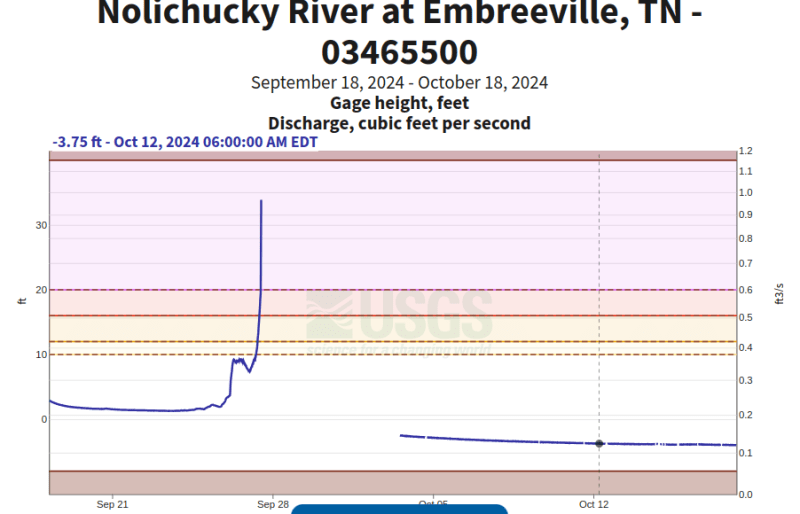Life insurance is typically fixed payout; the house knows the odds are that everyone dies and can easily estimate for a large population what that death rate is.
For flood insurance it may be "replacement," in addition to the costs of cleanup, which is far more sensitive to the economy. Weather prediction or not, they don't have sufficient actuarial information to make that determination.
Worse, as what Florida did, is that the government may step in and require insurance to cover things. In the case of Florida it's roofs. If a roof is "damaged" by a storm then Florida requires that insurance cover replacement. The bad news is that so called "gypsy" roofers will make an estimate that any roof is storm damaged and, since insurance pays for it, charge whatever they feel they can get away with.
As a result insurance companies are requiring policy holders to have roofs that have no damage at all, from normal daily thermal cycling, which is seen in the homeowner getting dropped if their roof is over 3 (or so) years old. That means homeowners are on the hook for $15-$50k every three years to keep homeowner's coverage.
Since few homeowners will do that, many major companies have left homeowner coverage.
Similarly, where the odds approach 100%, they refuse to issue policies, as has happened to Kia owners over the easy-to-steal ignition systems or, as has since developed, the amount of damage done to them when the ignition system is upgraded.
I suppose a further twist is that, due to the limited supply, home prices have been increasing at a pace far greater than the insurance companies can guarantee to cover with their investments.
There have also been structural problems showing in the secondary/reinsurance markets. These are companies that arrange to cover a portion of an insurance companies liabilities, but they also depend on knowing some rate of claims. They can be obliterated if all the insurance companies they work with are put under simultaneous pressure that is too high. See the what happened to the secondary market for mortgages in 2007. If the stock market were to collapse it would likely take out major insurers at the same time.






